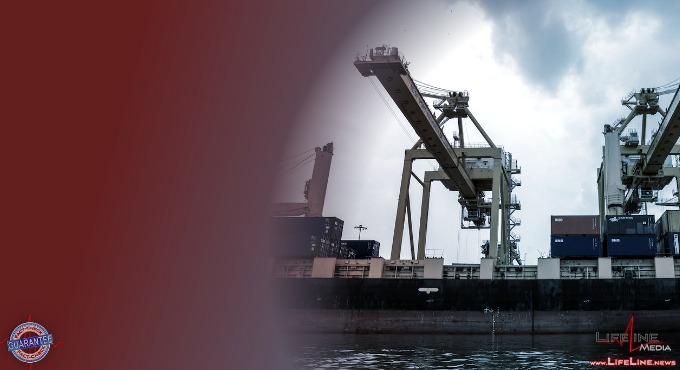Trump's Bold Move Sparks Fears of Economic Chaos and Trade War

FACT-CHECK GUARANTEE
Political Tilt
& Emotional Tone
The article presents a center-left perspective, highlighting concerns about the economic repercussions of Trump’s tariff decision and the potential negative impact on consumers.
Generated using artificial intelligence.
The emotional tone is negative, reflecting anxiety and concern over the economic fallout from the tariff policies.
Generated using artificial intelligence.
Updated:
Read
President Trump’s recent tariff decision has sent shockwaves through the global economic landscape, sparking fears of an impending trade conflict. The substantial 25% tariffs imposed on key imports aim to protect American jobs and industries.
This is huge:
However, the economic repercussions could be significant. Investors and consumers alike are preparing for the fallout.
On a chilly April morning in 2025, President Trump unveiled his tariff plan. He emphasized the need for “reciprocal tariffs” on vehicles, machinery, and various imports to combat what he perceives as unfair trade practices.
He argued that these measures would level the playing field and revive American employment. Critics warn that such actions could lead to soaring consumer costs and burden businesses reliant on imported goods with escalating expenses.
The markets reacted swiftly. Just two days after the announcement, the Dow Jones Industrial Average plummeted over 2,000 points. Major U.S.
companies with extensive global supply chains, such as Apple and Nike, saw their stock values drop sharply. Financial experts at JPMorgan now estimate a 60% probability of a U.S. recession.
International Reactions and Economic Concerns
China quickly retaliated, announcing a 34% tariff on all American products effective April 10. This countermeasure poses a severe threat to American farmers, manufacturers, and exporters who depend on Chinese markets.
Meanwhile, the European Union is preparing its own countermeasures with proposed tariffs of around 20% on American-made goods.
For American consumers, the outcome is clear: expect price hikes on electronics, apparel, and household appliances. Companies facing increased import costs will likely pass these expenses onto consumers through higher retail prices.
Apple has already indicated potential price increases for its iPhones due to rising production costs.
Warning:
Even some of Trump’s staunch allies are voicing concerns. Influential business figures like Elon Musk and Bill Ackman fear the tariffs may stifle U.S. economic growth by constraining expansion opportunities and penalizing American exporters.
The Republican Party is equally apprehensive about the potential economic turbulence and its implications for upcoming elections.
Globally, economists are raising alarms about the risk of these mounting tariffs sparking a worldwide recession. The International Monetary Fund (IMF) has warned that a drastic downturn in international trade could hinder global economic growth for years to come.
Developing countries reliant on exporting to wealthier economies now face an uncertain future regarding market access.
In this complex web of international trade tensions, one thing is certain: the world watches anxiously as economic uncertainty looms large, casting a shadow over future prosperity.
The ripple effects of these policies are yet to fully unfold, but nations worldwide brace for what might come next in this escalating trade saga.

Join the discussion!
Be the FIRST to comment on ‘TRUMPS Tariffs: A Global Economic Storm Brewing?’